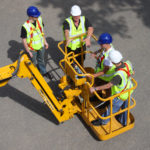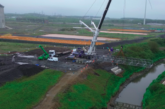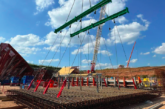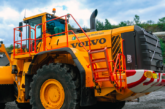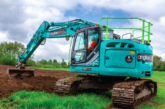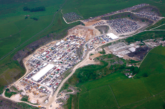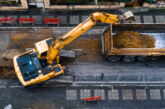Following significant growth in the use of Mobile Plant equipment in the UK, Bureau Veritas is warning firms to be vigilant when it comes to achieving compliance.
It comes as the UK Mobile Elevated Working Platform (MEWP) rental market increased by 4% year-on-year, with demand outstripping the rest of Europe by two to one.
Under the Provision and Use of Work Equipment Regulations (PUWER) 1998 (1999 in Northern Ireland), users of work equipment have a responsibility to ensure that the plant or asset is safe to use. Regulations state that regular inspections must be carried out by a competent person and documented. In some cases there are additional regulations to consider, such as the Lifting Operations and Lifting Equipment Regulations (LOLER) 1998*, which covers all work equipment for lifting and lowering loads. According to Bureau Veritas, the rise of MEWP use and potential confusion around responsibility for the equipment could pose a compliance risk.
Shaezar Karim, Director for the Statutory Inspection division for Bureau Veritas UK, explains: “The growth in MEWPs has led to inevitable compliance challenges, stemming from contractors hiring assets and being able to transport them around the UK.
“Meeting statutory obligations for mobile plant and equipment can be a logistical nightmare – and that’s if users are even aware of their obligations. Many mistakenly believe it is the sole duty of the hire company to undertake PUWER and LOLER inspections but it is the user who must ensure that thorough examinations and inspections are carried out in line with the regulations.
“Organisations that face difficulties in overcoming the logistical challenges of mobile equipment inspections and therefore meeting their obligations, are at risk of costly fines, so it’s critical they ensure that the location of an asset does not affect their compliance.”

